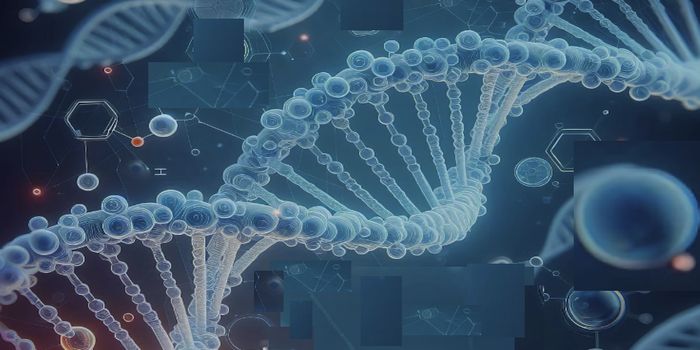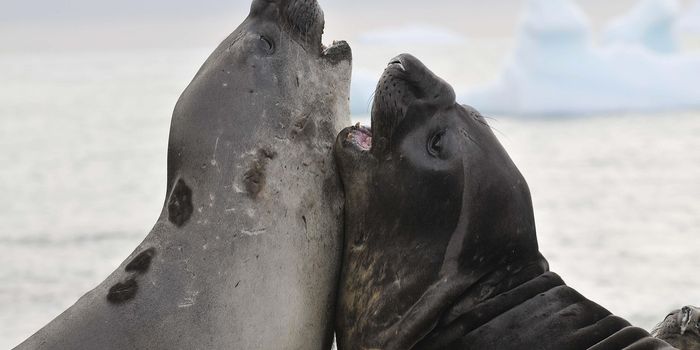How a Genetic Mutation Can be Good for Carriers
While some researchers have looked for beneficial genetic mutations that improve people's lives, we don't have many confirmed examples of such desirable genetic changes. Scientists have now found that a genetic mutation that was thought to protect against cardiovascular disease may actually help prevent other types of illnesses, especially those affecting the liver. The mutation is called PCSK9Q152H, and it occurs in a gene called PCSK9. It might help carriers live longer and have healthier lives. The work has been reported in the Journal of Clinical Investigation.
"These are exciting findings -- what we've found may represent a kind of fountain of youth," said senior study author Richard Austin, a medical professor and vascular biologist. "Now we want to see whether we can come up with a gene therapy approach to overexpress this specific mutant gene variant in the liver, and thereby offer an innovative treatment for a number of diseases that normally lead to early death."
The mutation was first identified in 2011 by Michel Chrétien, an emeritus professor at the University of Montreal and co-author of the current study. The PCSK9 gene is primarily active in the liver (and as such, is thought to mostly provide protection against liver diseases). The mutation leads to a reduction in the levels of so-called bad cholesterol - LDL cholesterol and as such prevents heart disease.
Carriers have lived unusually healthy lives well into their 80s and 90s. Along with low LDL-cholesterol and low incidence of cardiovascular disease, their liver function and appearance are normal.
In this research, the scientists used a mouse model to investigate the physiological effects of the mutation. They determined that the livers of mouse PCSK9Q152H carriers were protected surprisingly well against dysfunction and damage. The mice also had lower levels of PCSK9 in circulation, leading to an LDL-cholesterol decrease.
"When we initiated these studies, we had speculated that introducing the mutant PCSK9Q152H protein into the liver of mice would cause liver injury or dysfunction," Austin said.
"To our amazement, overexpression of the mutant gene variant in the livers of mice failed to cause stress in the cellular manufacturing and packaging system called the endoplasmic reticulum, or ER, and actually protected against ER stress-induced liver injury," added Lebeau.
The mutant gene produces a protein that acts as a co-chaperone, and stabilizes other chaperone proteins; the liver is thought to be well protected against damage because of this chaperone activity.
"These results from Dr. Austin's group are particularly gratifying since they experimentally explain that this gene mutation, known to lower cardiovascular accidents, also protects against liver injury and dysfunction, even in individuals who are in their late 80s and mid-90s," said Chrétien.
"Furthermore, these findings should allow us to determine whether this unique mutation provides additional protection against liver diseases such as cancer, over and above its protective effect against cardiovascular accidents."
Sources: AAAS/Eurekalert! via McMaster University, Journal of Clinical Investigation









